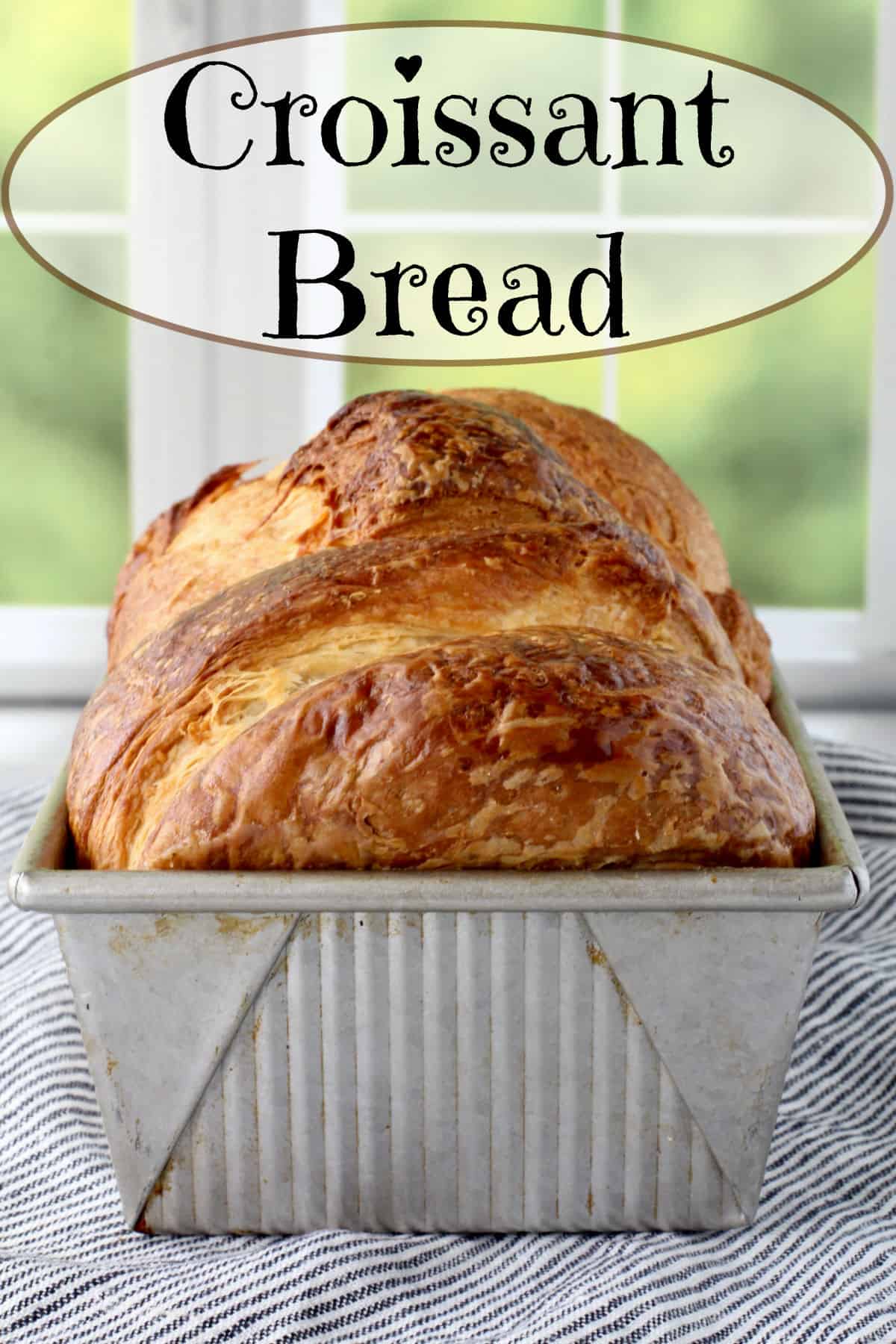Pain au Levain is made with naturally fermented dough without the help of commercial yeast. Plus, "Pain au Levain" is such a nice way to refer to sourdough. I encourage you to try baking bread with wild yeast. You might just turn out to be a bread geek too.
This bread starts with a 100% hydration sourdough starter. There are many recipes out there on the Interwebs and cookbooks to create your own starter. Nancy Silverton, Peter Reinhart, Ken Forkish, Jeffrey Hamelman, and Chad Robertson have chapters in their books on how to get started. You can also purchase dried starter from King Arthur Flour or other sources. I'm proud to say that I've managed to keep mine alive for nearly 5 years (and have shared bits of it with friends who are now keeping it alive and baking their own sourdough from this starter).
This bread can be made in one day if you start with an active starter. This dough contains about 25% white whole wheat. The dough is first mixed with the mixer and then a couple of folds. Pretty simple. Pretty amazing... and working with this dough was really easy, even with the high hydration level.
This recipe was the Bread of the Month for the Facebook page, Artisan Bread Bakers, and makes two loaves.
69% Hydration Pain au Levain
Ingredients
Levain
227 g bread flour
227 g bottled/spring water
45 g 100% hydration active starter
Dough
All of the levain, less 45 g (save it to make another levain because you will love this bread so much)
400g bottled/spring water
457 g bread flour
228 g white whole wheat flour
17 g salt
Instructions
- In a medium bowl, mix the levain, cover with plastic wrap, and allow it to ferment at room temperature for at least 8 hours.
- In the bowl of a stand mixer, stir the levain and the water.
- Add the flour and mix on low for about a minute, until you have a shaggy mass. Cover with plastic wrap and allow to rest for 30 minutes.
- Add the salt and mix on low for three minutes.
- Mix on the second speed for another three minutes.
- Move the dough to a large oiled bowl or bucket and allow to rise in a warm spot in your kitchen for about 135 minutes, folding at 45 minutes and 90 minutes. The dough should double in size.
- Scrape the dough onto your counter and divide it in two.
- Pre-shape the dough into two boules and cover with oiled plastic wrap for 15 minutes.
- Shape the dough into boules and place each into floured 7 inch bannetons or floured towel lined bowls, seam side up. Cover with oiled plastic wrap.
- Allow to rise for 60 to 120 minutes, until puffy.
- Heat the oven to 450 degrees F prepared with a baking stone and steam pan (alternatively, you can bake the loaves in preheated Dutch ovens, which is what I did).
- Bake the loaves for about 40 minutes, until the interior of the loaves reaches about 205 to 210 degrees F. If you are using the Dutch oven method, remove the lid after 20 minutes.
- Cool completely on a wire rack before slicing.








Perfect looking loaf!
ReplyDeleteWow! Gorgeous looking loaves, and perfect slices! And you are opening Karen's Artisan Bakery, when?
ReplyDeletexoxo. Unfortunately, people don't pay much for bread. Maybe bread baking classes!
DeleteBEAUTIFUL! I need to bake some sourdough soon… My starter is about the same age as yours! Mine I think will be 5 years old in March
ReplyDeleteYou do! We are starter twins!
DeletePERFECT loaves! I need to add baking with wild yeast to my foodie bucket list :) Looking forward to seeing your country bread...you've been busy!
ReplyDeleteThanks Liz =) Yes, I've been busy, especially with my day job! My country bread is baked but not posted yet.
DeleteAfter a three year run, I finally killed my starter this holiday season.
ReplyDeleteYou loaves are gorgeous - beautiful crumb!
Well that's a bummer!
DeleteI would like to try this recipe as your loaves look so good but is it really necessary to use bottled water, it is something I never buy, having good tap water where I live, (N.Wales, UK)? J.
ReplyDeleteWe use it to counteract the chlorine. If your water is not chlorinated, it is not necessary. You can also set your water out to let the chlorine dissipate.
Delete